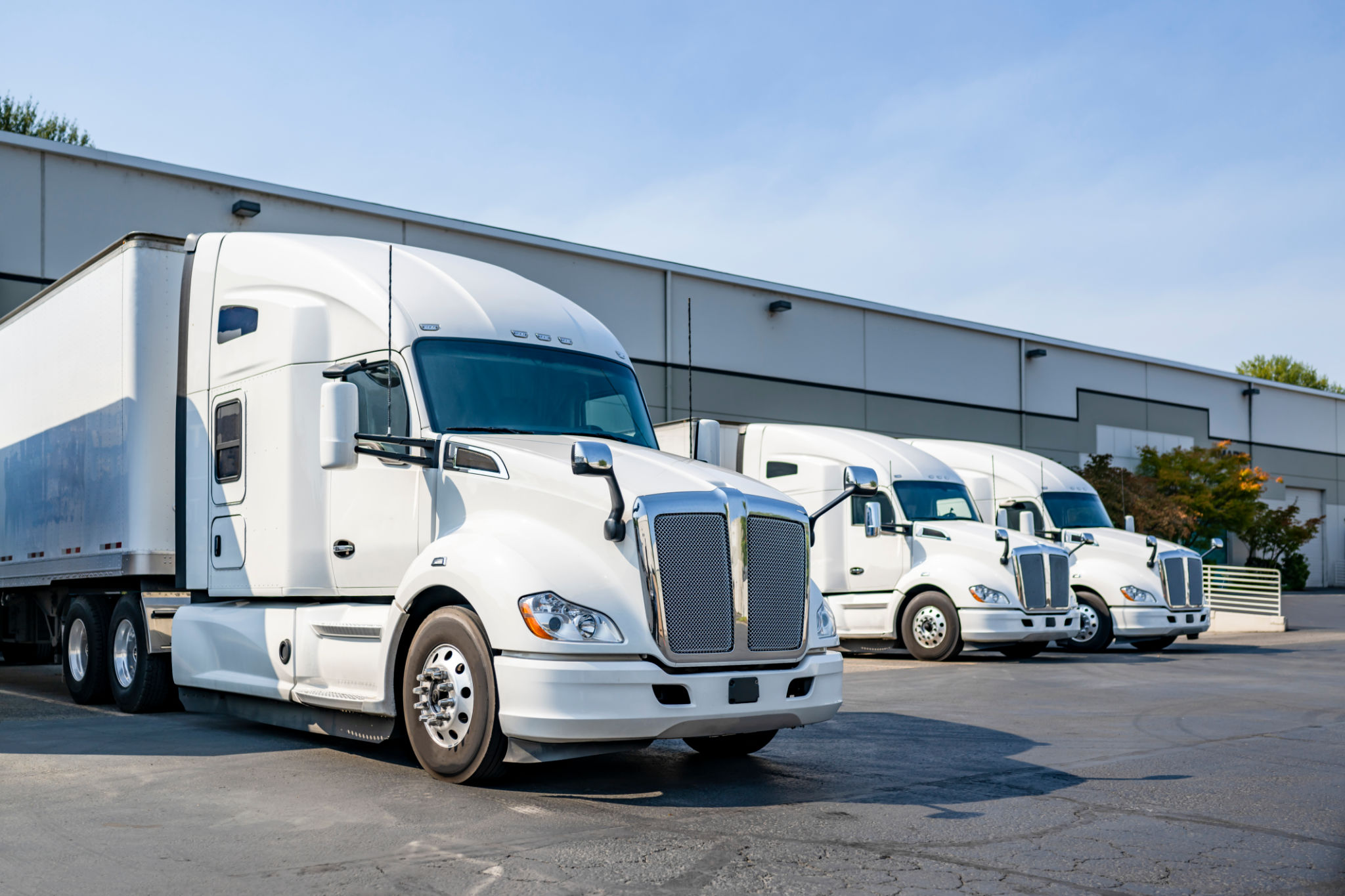The Benefits of Telematics in Modern Trucking
FP
Introduction to Telematics in Modern Trucking
In the ever-evolving world of logistics, technology continues to play a vital role in enhancing efficiency and productivity. One of the most significant advancements in recent years is telematics. This technology integrates telecommunications and informatics to provide real-time data on vehicle location, driver behavior, and overall fleet performance. For the modern trucking industry, the benefits of telematics are numerous and transformative.
Enhanced Fleet Management
Telematics systems offer fleet managers unparalleled insights into their operations. By tracking vehicle locations in real-time, managers can optimize routes, reduce idle times, and ensure timely deliveries. This not only improves customer satisfaction but also reduces fuel consumption and operational costs.

Moreover, telematics can monitor vehicle health by providing data on engine performance, tire pressure, and other critical metrics. This allows for proactive maintenance, reducing the risk of breakdowns and extending the lifespan of the fleet.
Improved Driver Safety
Safety is a top priority in the trucking industry, and telematics plays a crucial role in enhancing driver safety. By monitoring driving behaviors such as speeding, harsh braking, and rapid acceleration, telematics systems can provide feedback to drivers and help them adopt safer driving practices.
Additionally, in the event of an accident, telematics can provide valuable data to reconstruct the incident and determine its cause. This information is not only useful for insurance claims but also for developing strategies to prevent future accidents.

Regulatory Compliance
Compliance with regulations is a critical aspect of modern trucking. Telematics systems can simplify this process by automatically logging driving hours, rest periods, and other required data. This ensures that drivers adhere to regulations such as the Hours of Service (HOS) rules, reducing the risk of violations and associated penalties.
Furthermore, telematics can aid in the management of electronic logging devices (ELDs), which are mandated for commercial vehicles in many regions. By automating record-keeping, telematics reduces administrative burdens and ensures accurate reporting.
Cost Savings
The financial benefits of telematics are substantial. By optimizing routes, reducing fuel consumption, and minimizing vehicle downtime, telematics can lead to significant cost savings. Additionally, improved driver behavior and proactive maintenance can lower insurance premiums and reduce repair costs.

Telematics also enables better asset utilization by providing insights into vehicle usage patterns. This allows fleet managers to make informed decisions about when to deploy or retire vehicles, maximizing the return on investment.
Environmental Benefits
In today's environmentally conscious world, reducing the carbon footprint is a priority for many businesses. Telematics can contribute to this goal by optimizing routes and reducing fuel consumption, leading to lower emissions. Additionally, monitoring vehicle health and ensuring timely maintenance can improve fuel efficiency and reduce the environmental impact of the fleet.
By adopting telematics, trucking companies can not only improve their operational efficiency but also demonstrate their commitment to sustainability, which can enhance their reputation and appeal to eco-conscious customers.
Conclusion
Telematics is revolutionizing the modern trucking industry by providing valuable insights into fleet operations, enhancing driver safety, ensuring regulatory compliance, and delivering significant cost savings. As technology continues to advance, the benefits of telematics will only increase, making it an indispensable tool for trucking companies looking to stay competitive in a rapidly changing landscape.
Investing in telematics is not just about staying ahead of the curve; it's about building a more efficient, safe, and sustainable future for the trucking industry.
